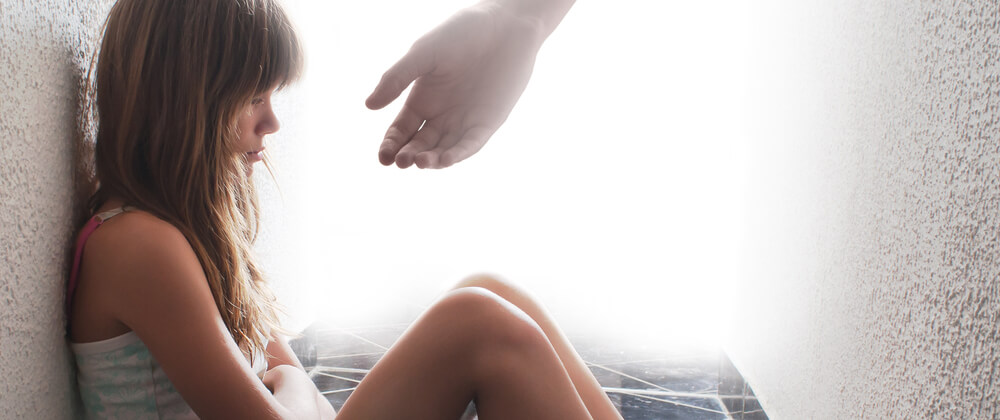Have you ever looked at your teen in utter disbelief? Have you ever complained to your spouse, friend, or your teen’s teacher “I just do not understand this kid?” Have you ever said to your teenager, “What in the world were you thinking?” Of course you have! It is a parental right of passage to look at our offspring like they are from outer space. Did you know that there is a reason for that?
Half-Baked
Dear parents, do not despair because of your teenager’s crazy decisions. The reason is the teenage brain is not done growing and maturing until the early to mid 20s. Accept that those little cherubs of yours are just not going to make sense. From a physiological standpoint the frontal lobes, which are where decisions are made, are not fully connected. They also lack the quantity of white matter, which is the conductive material, of adults. This means teenagers literally do not have the full capacity of their brain in the way an adult does. They have the capacity to make decisions but to not fully understand the consequences.
Help Them See beyond Themselves
The not-fully-formed-brain also explains why teenagers seem to be selfish. Without the frontal lobe connection and sufficient white matter they lack the judgment necessary to think about others with a global perspective. In other words, they can only think so far… And then they just stop thinking. If you can approach those head-scratching moments with this understanding you can avoid conflict and help your teenager see how his or her decisions fell a little short.
It’s Not Just Hormones
Yes hormones are responsible for some of your teenager’s behavior but hormones are not the only culprit. Since the brain is experiencing a fairly rapid period of growth the physical and chemical activity can cause the brain to misfire. In those moments when your teen seems especially impulsive try to remember that the teenage brain literally thrives on those impulses. As you begin to notice these changes in your teenager, seek out ways to help them through these periods of growth.
What If It Seems like Too Much?
Unfortunately all of this growth and quest for excitement can also lead teens to seek out chemical enhancement in the form of drugs or alcohol. Your teenager will not understand why he or she feels driven to take risks or try drugs or alcohol. Even though the teenage brain is in a state of flux teens do have an incredible capacity for learning and social and emotional growth. This is why if your teen has developed a substance abuse problem it is critical to intervene at this stage when their brain is the most prepared to accept the changes they need to make for successful rehabilitation.
In those moments when your teenager leaves you flabbergasted take a deep breath. Their brains are literally growing so fast they can’t keep up. Have patience, call in reinforcements, and remember you love them.











0 Comments